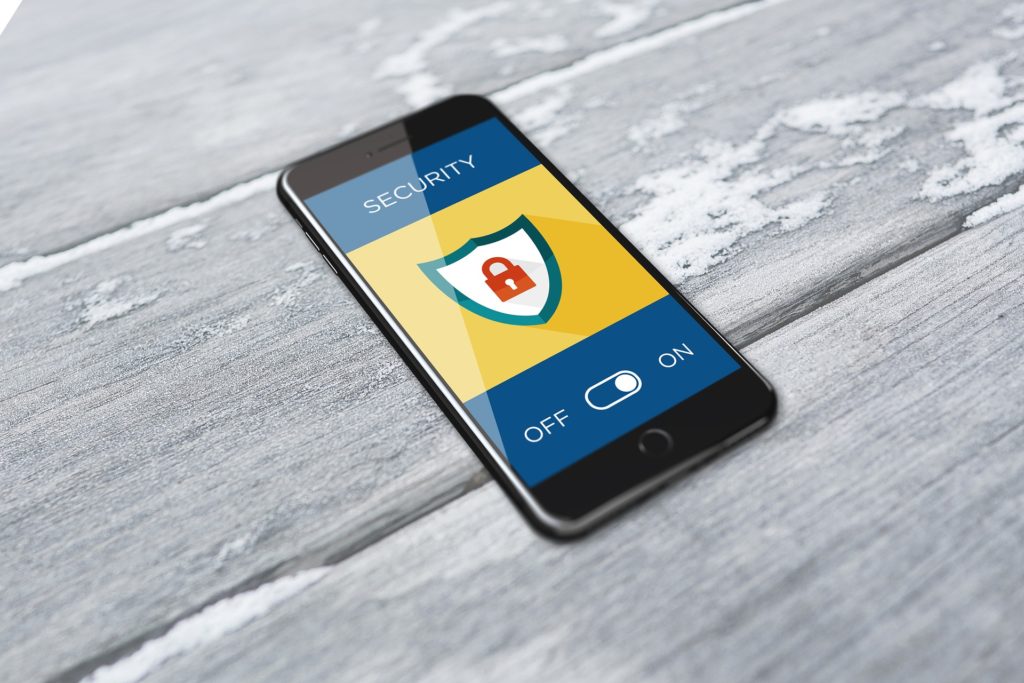The last 10 years have seen some of the most brutal cybersecurity breaches in history. What makes these hacks so devastating is that they were committed against major trusted social media sites — sites that millions, if not billions of people have entrusted their critical data. You would think that such sites would have the strongest security measures imaginable, but history has shown that no site is completely unhackable.
The Victims
In 2016, Yahoo revealed that they suffered the biggest data breach in the history of cyberhacking back in 2014, an attack that exposed the names, emails, dates of birth and phone numbers of half a billion Yahoo users. The attack was carried out with a sophisticated algorithm that cracked millions of passwords in a short amount of time.
It turns out that 2014 was a very good year for hackers and a very bad year for their victims. The popular auction site eBay saw 145 million users get their information hacked thanks to inside operators who used the credentials of three high-ranking corporate employees to get into the system for the better part of a year, allowing them to poke around in the system and unearth user data with impunity.
Most recently and perhaps most disturbingly, news broke in late 2018 that Facebook, too, had been hacked. Hackers stole private messages from over 100 million Facebook users, selling them on the black market for 10 cents per message.
Facebook blamed the hack on malicious browser extensions, a new and very popular weapon among cyberhackers. These applications are disguised as useful pieces of functionality that you add to your browser, and they contain malicious code. Google uncovered three such extensions disguised to look like AdBlock Plus in 2017.
Cybersecurity Breaches and You
What does all this tell us? Unfortunately, the primary lesson we can take away from all of these hacks of popular social media and social marketing sites is that no one is completely safe. Whether you’re a small business with a modest website or a massive social media company with billions of users, any company that’s on the internet and has data to hack is vulnerable.
This risk means that no matter how your company is positioned digitally, if you have sensitive data on your computer network, you must take the proper precautions. Use up-to-date firewalls and anti-malware/anti-virus software. Use hard-to-crack passwords, and change them frequently. Stay alert to the latest developments in the hacking arms race.
Hopefully, you’ll be among the fortunate ones, and your business and its data will escape the notice of cyberhackers. Just in case, though, taking the proper precautions to safeguard your data and the data of your customers can protect you from a potentially catastrophic blow to your business down the road.
For more useful computer-related advice and fast, quality assistance with electronics repair, contact Global Electronic Services now.
